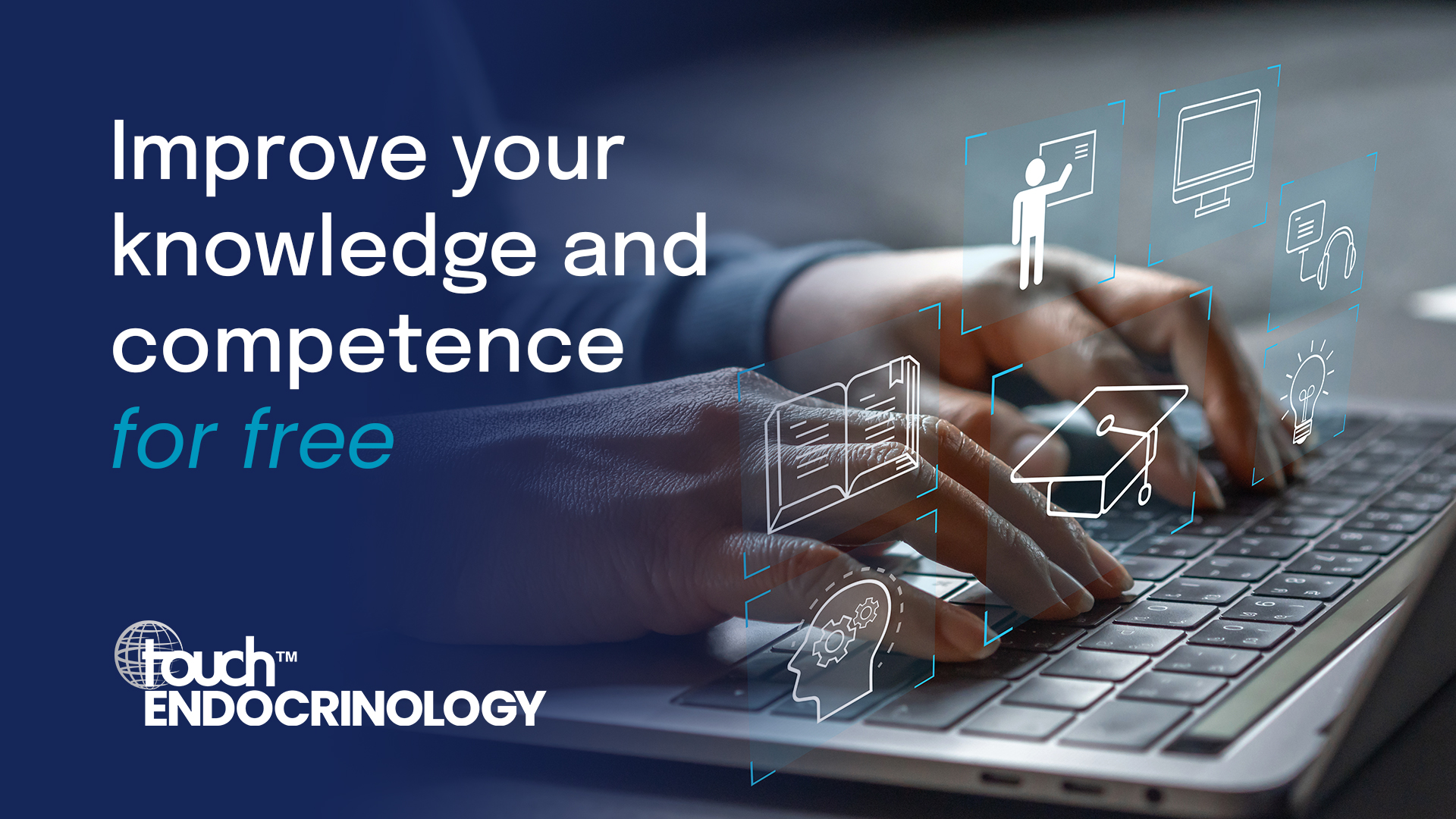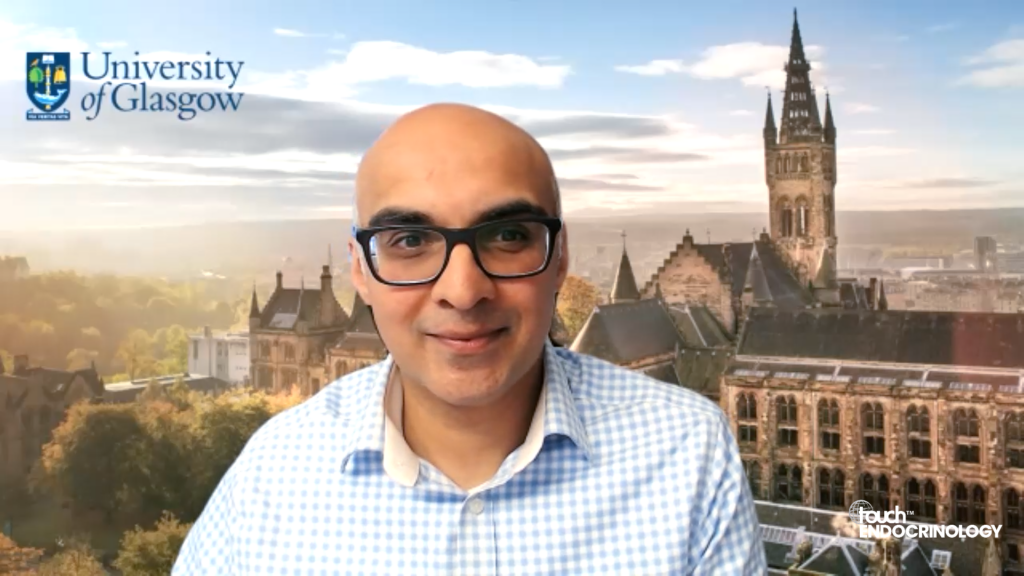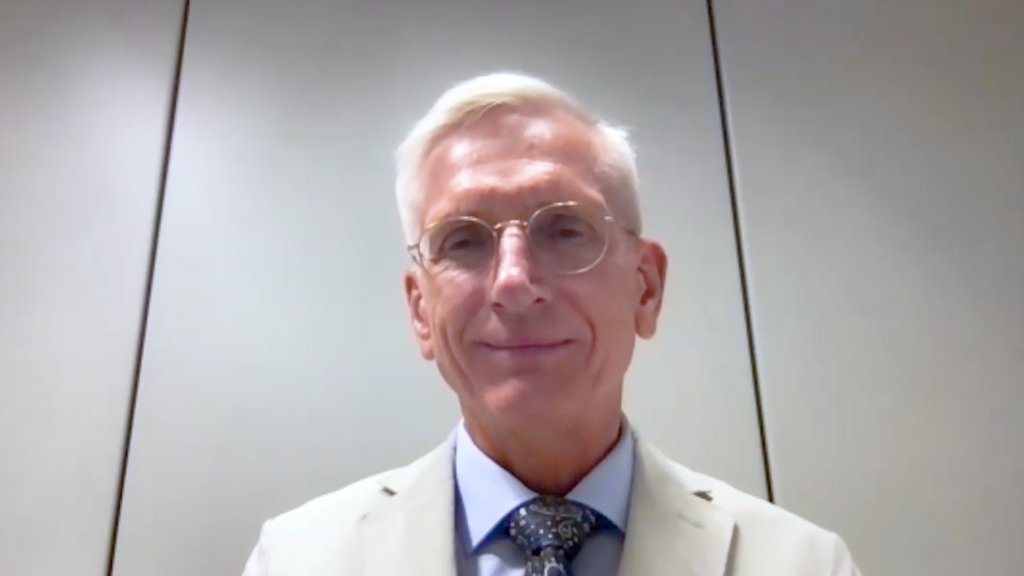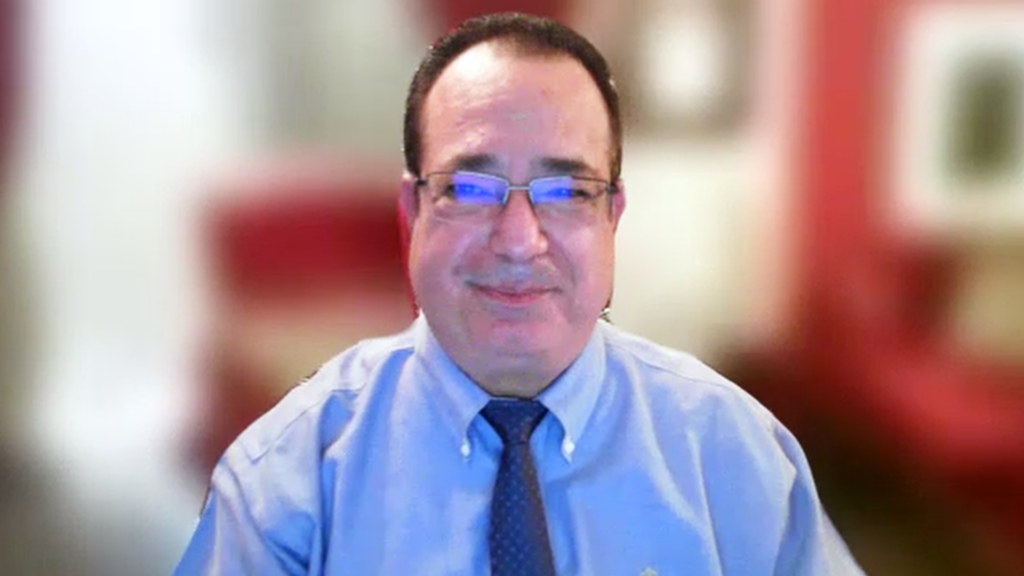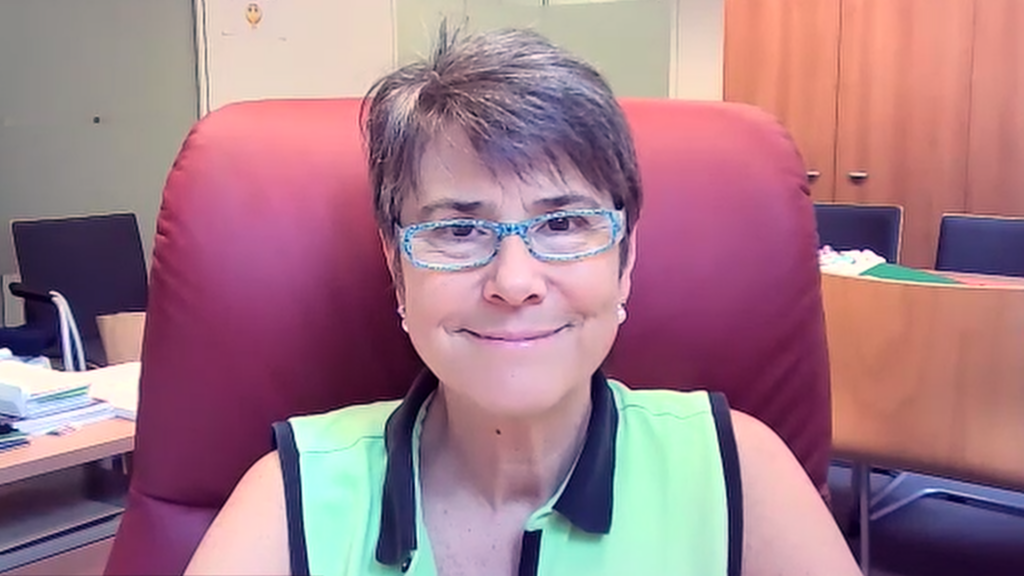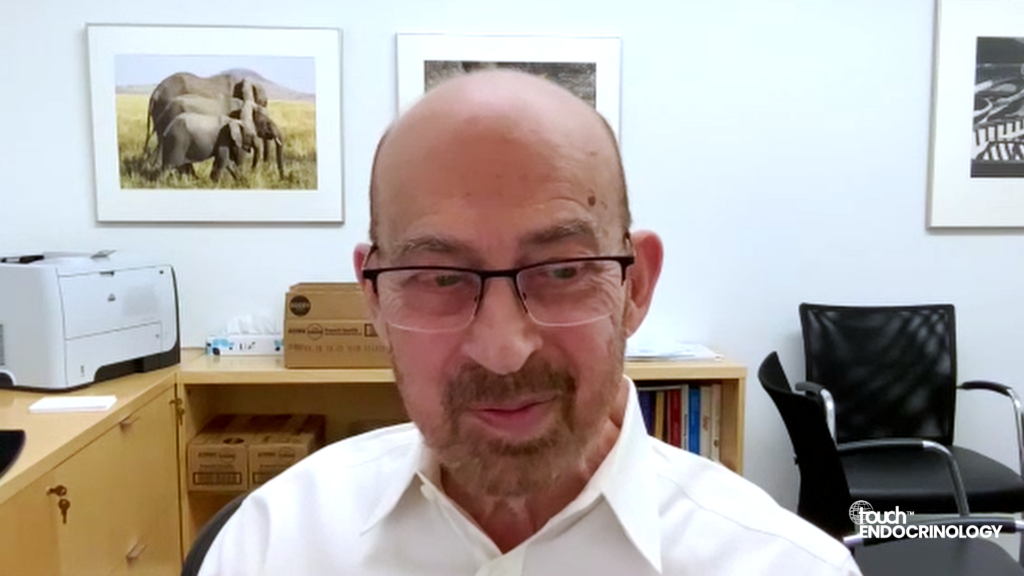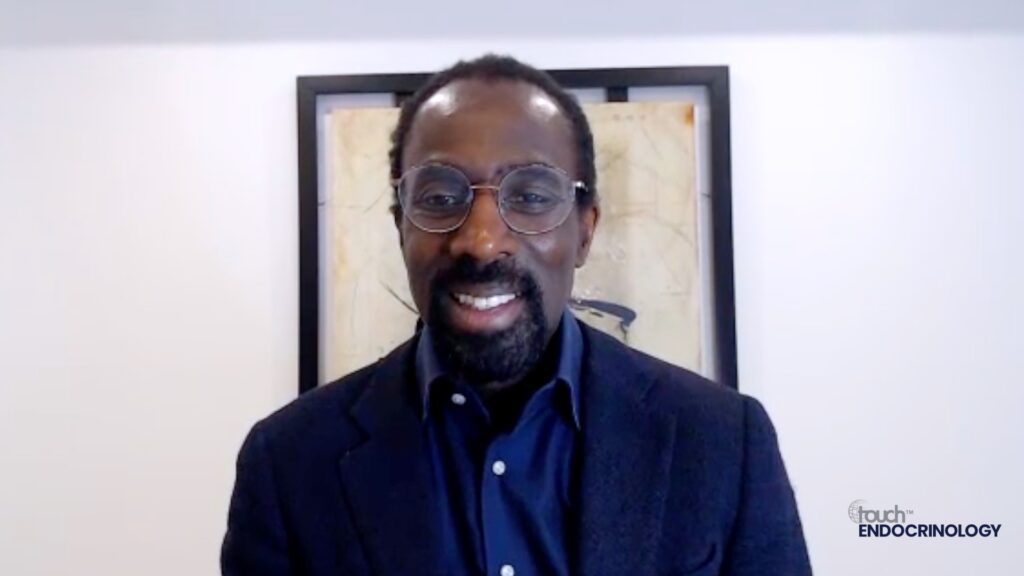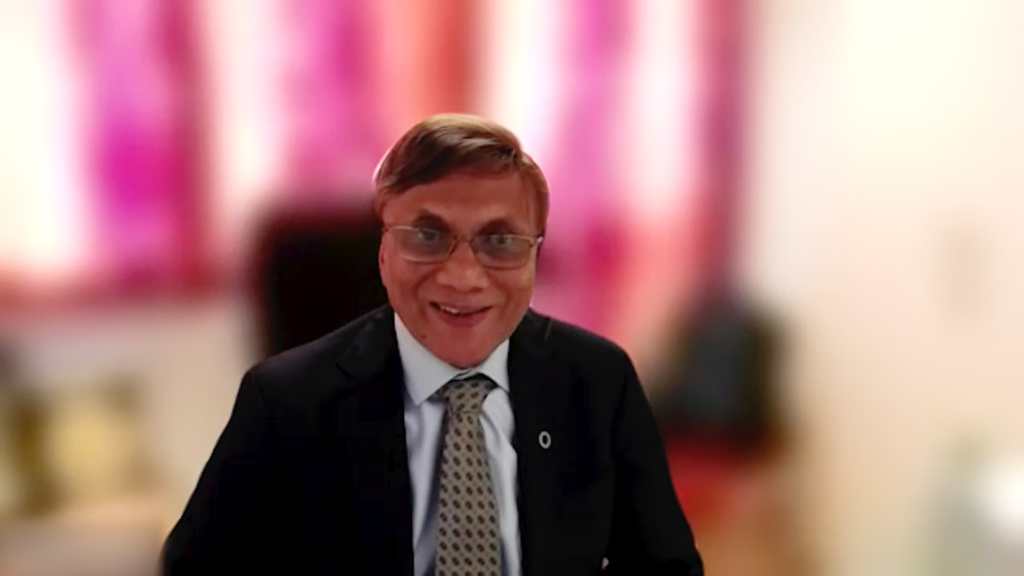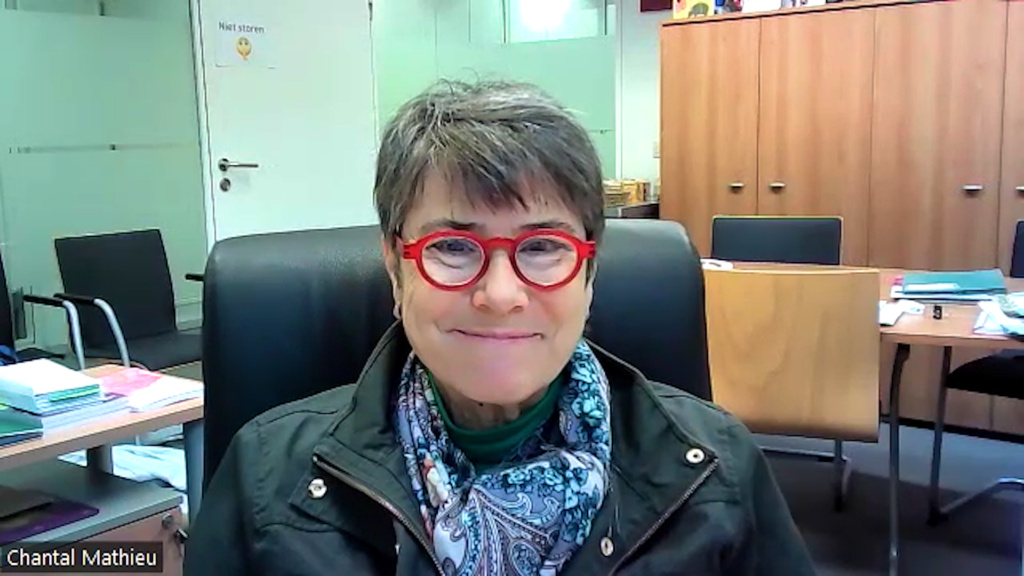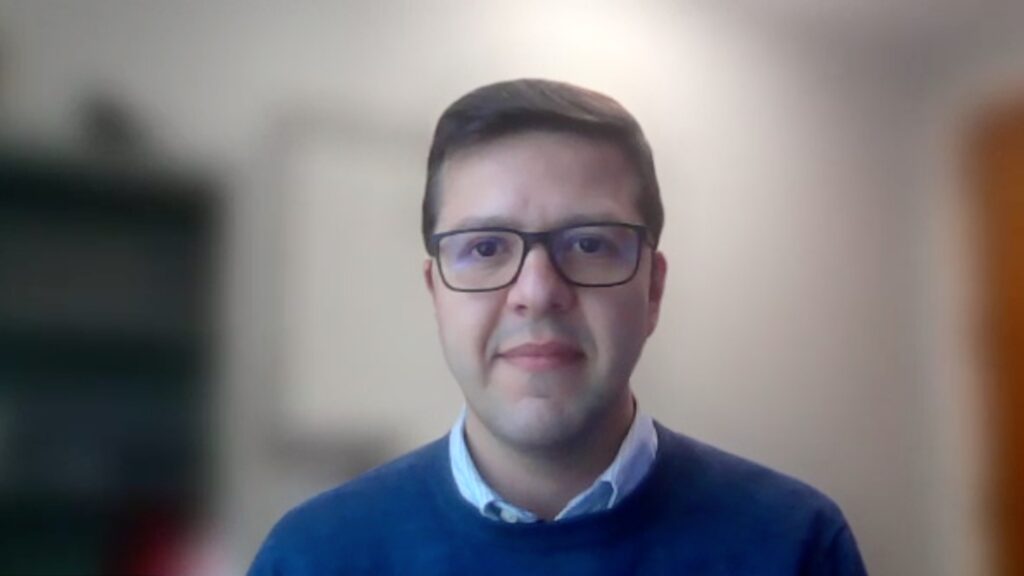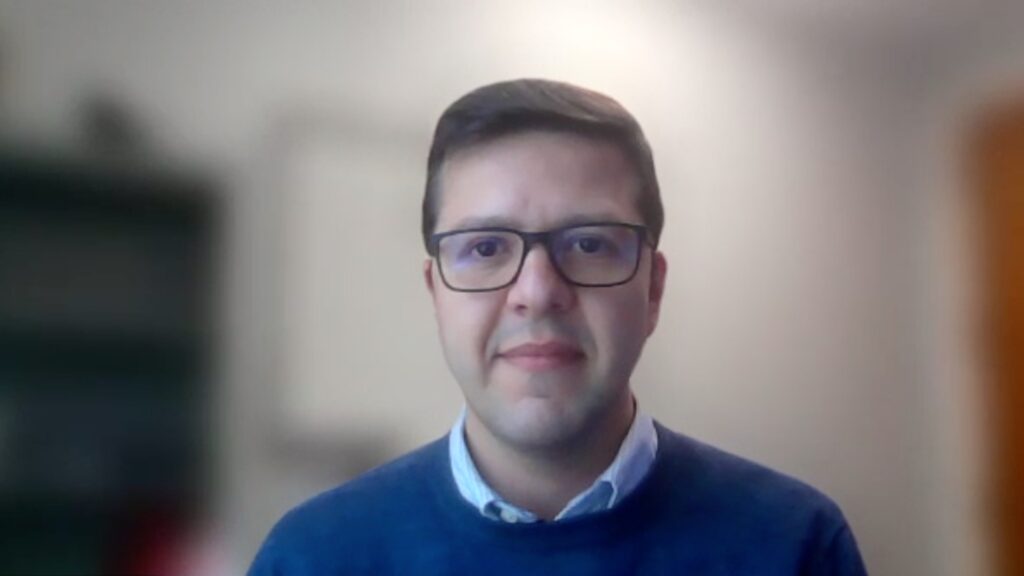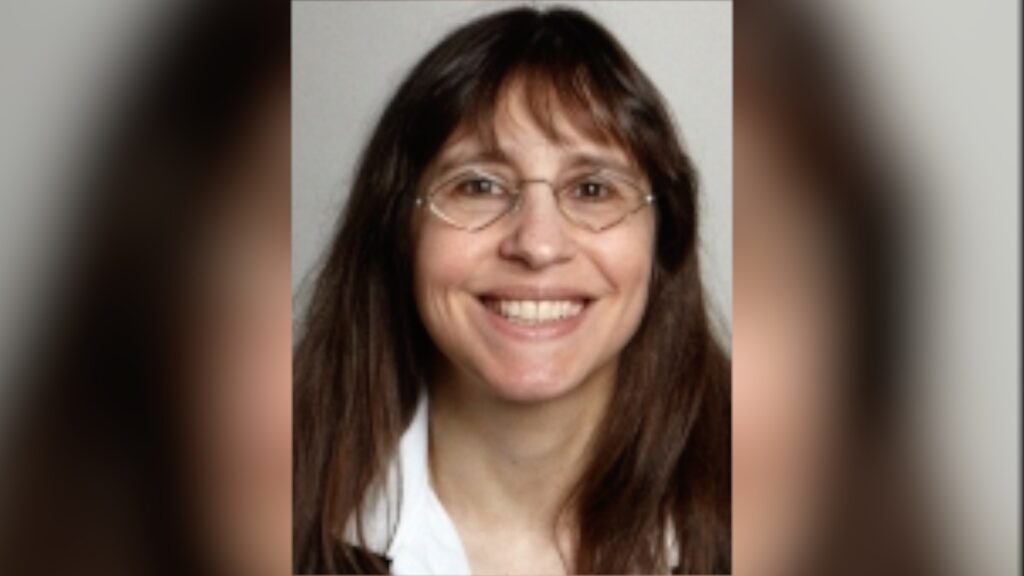
Sylvie Maalouf, Co-Founder and Managing Director, The National Diabetes Organization
We are pleased to highlight the important topic of Women and Diabetes in this interview with Sylvie Maalouf, Co-Founder and Managing Director of DiaLeb, Founder and President of DiaLeb. Central to the conversation is DiaLeb’s annual Women & Diabetes panel; an impactful global initiative that addresses the often-overlooked challenges women face in diabetes care.
Sylvie shares how the panel has evolved into a respected platform for open dialogue, bringing together healthcare professionals, advocates and individuals with lived experience to raise awareness and drive meaningful change.
👉 Watch the full DiaLeb’s 6th Annual Women & Diabetes Panel here.
This interview offers valuable insight into the importance of community, the need for gender-sensitive approaches in healthcare, and the role of education and advocacy in building a more inclusive future for diabetes care.
Q. Could you tell us a little about DiaLeb, including its background, goals and priorities?
The National Diabetes Organization – DiaLeb was founded in 2011 in Lebanon. At the time, I had been living with type 1 diabetes for about 3 years and had been reflecting on the challenges I faced in terms of finding access to information, and support groups. Having been diagnosed at the age of 24, while being what many would consider a healthy and active young adult, the shock of not having recognized the symptoms was a driving force. As I learned more about diabetes, its different types, and rising rates, the vision became clear. There was a need to work with our communities and healthcare professionals to stop the rise of diabetes and improve the quality of life of people living with diabetes (PLWD) through educational awareness and information sharing. The mission was simple: to improve the lives of people affected by diabetes and help in its prevention by promoting healthy lifestyles and addressing well-being-related issues.
To do so, we developed a comprehensive range of programmes, from Diabetes in the Classroom, a collaboration with schools and universities where we provide educational awareness sessions tailored to specific age groups; to community awareness programs with free diagnostic testing and nutritional information sessions; to nutrition student diabetes training, and patient education sessions. These programmes target different members of society from PLWD, to caregivers, health providers and critically at-risk populations.
Over the last few years our priorities followed global events and particularly the crises affecting Lebanon, from COVID-19 to the financial and political crisis, to the 2020 Beirut Blast and the more recent war, we ensured the provision of medication to PLWD in need, particularly those internally displaced and refugees who would otherwise not have access to their life-saving treatments.
Over the years we have reached over 100 thousand beneficiaries, provided over 35,000 glucose tests, held over 1,300 events, trained hundreds of nutritionists, nurses and healthcare professionals, and impacted our community both in Lebanon and globally.
Q. Each year, DiaLeb hosts a panel discussion focused on Women and Diabetes. How has the conversation evolved over time, and what were the key objectives of this year’s meeting?
The Women and Diabetes panel came in response to the fact that women’s health issues continue to be often misunderstood and under-researched. Diabetes affects women in a more complex way than men. For example, women have a unique type of diabetes, gestational diabetes, which affects women during pregnancy, and despite it going away after birth, it places them at higher risk of developing type 2 diabetes. Furthermore, women’s hormones affect the interaction of insulin leading to unexpected hyper- (high) or hypo- (low) glycaemic (sugar) incidents unrelated to food or lifestyle. Often, women’s health issues are a cultural taboo and having a platform where women can share their experiences openly and provide inspiring stories can uplift women. This unique event aims to bring attention to women’s health issues as they relate to diabetes and provide an inspiring and honest space for discourse and provision of information. From its first iteration held in person in Lebanon, over the years, this has now become a global virtual event allowing thousands of viewers and promoting access of information and support around the world.
Q. This year’s panel featured a diverse and inspiring group, including advocates, educators, individuals living with diabetes, and healthcare professionals. What unique perspectives did each bring to the discussion?
This year’s panel features an incredible, diverse group of speakers from the health, fitness and advocacy sectors, with inspirational women who are truly making an impact in their communities. Each panellist brought a unique perspective, whether as a doctor who treats women in high-risk pregnancies highlighting the need for holistic medical care and follow up, to a mother of a person living with type 1 diabetes, for whom the pressures of care have no respite, to a fitness and wellness advocate who is challenging social norms and inspiring others to live a full life despite their diagnosis and a diabetes educator working with the World Health Organization Global Diabetes Compact.
The panel also provides a critical moment to celebrate International Women’s Day, particularly as the DiaLeb team has been led by women since its inception.
Q. What were some of the most powerful insights shared about how diabetes uniquely impacts women, and what key actions were discussed to address these challenges?
There were some extremely powerful insights during our discussion. Dr Labib Ghulmiyyah, double board-certified Obstetrician-Gynaecologist & Maternal-Foetal Medicine, discussed how diabetes affects women in a unique way with several atypical symptoms that are often misunderstood. He explained that women are more prone to autoimmune diseases and require a holistic care approach, as hormonal fluctuations can impact health outcomes and, in many cases, lead to depression and anxiety.
Ms Oria James, a consultant with the WHO Global Diabetes Compact stressed on the need for effective alignment when it comes to diabetes awareness and messaging, which resonated deeply with all the participants. She highlighted the need to understand audiences, to bring in lived experiences and to ensure that content provided, whether in terms of medical information or nutritional advice, is aligned and targeted to specific audiences in question.
Ms Riddhi Modi, a certified diabetes educator and global diabetes fitness ambassador from India discussed the 5 Ms of diabetes management: Medicine, Meals, Monitoring, Movement and Mental health. She highlighted the fear and misconceptions patients have regarding what they can or cannot do with diabetes and the role of doctors and educators in empowering and encouraging patients to live active, healthier lives.
Finally, Ms Betsy Rodriguez, an experienced nurse and diabetes educator, mother of a daughter with type 1 diabetes and living with type 2 diabetes highlighted the key role of community, advocacy and tailored education. She described how lonely caring for a child with diabetes can be, and how the disease never takes a break and the sheer mental and physical strain this puts on mothers and caregivers. However, with education and community awareness these can be overcome, and support groups and communities can provide hope and inspiration even in the most difficult of times.
As someone living with type 1 diabetes myself for 18 years, I am amazed at how much I learned during the panel. Despite living with the disease, running a non-profit and promoting education and awareness, such sessions with professionals and those with lived experiences are so powerful as they provide unique insights into life with diabetes.
Q. For those considering watching the discussion, what do you hope they will take away from the conversation?
I believe everyone can benefit from listening in on this panel, whether you are affected by diabetes or not. The information provided can enhance your knowledge and awareness of the disease and listening to these women who despite living with diabetes are out changing the world and making an impact in their communities and societies is truly inspiring. The panel highlighted the critical role of alignment (of messaging), awareness and education, and resilience building. But, most critically all panellists focused on the role of kindness and self-compassion and how love and community can support all patients and caregivers to live a more fulfilling and active life with diabetes.
I hope you tune in and enjoy this year’s Women in Diabetes panel and join us in our journey. Please be sure to check out our website and follow us on social media to stay up to date with our activities, events, and more!
Further content in diabetes
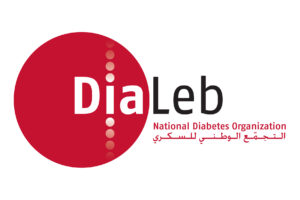
Disclosure: This short article was produced by Touch Endocrinology in collaboration with DiaLeb.
Editor: Gina Furnival, Senior Editorial Director
SIGN UP to TouchENDOCRINOLOGY!
Join our global community today for access to thousands of peer-reviewed articles, expert insights, and learn-on-the-go education across 150+ specialties, plus concise email updates and newsletters so you never miss out.

